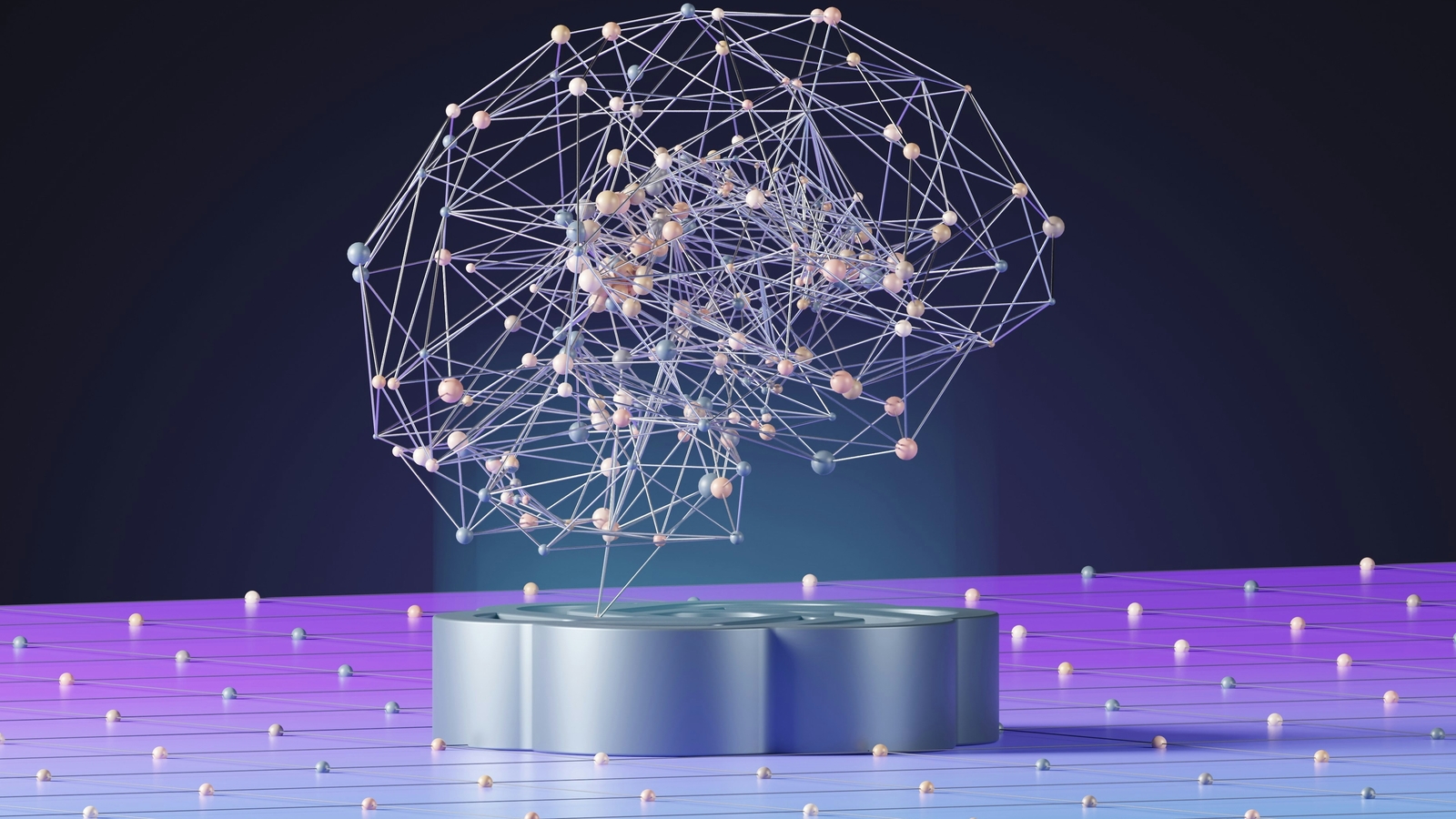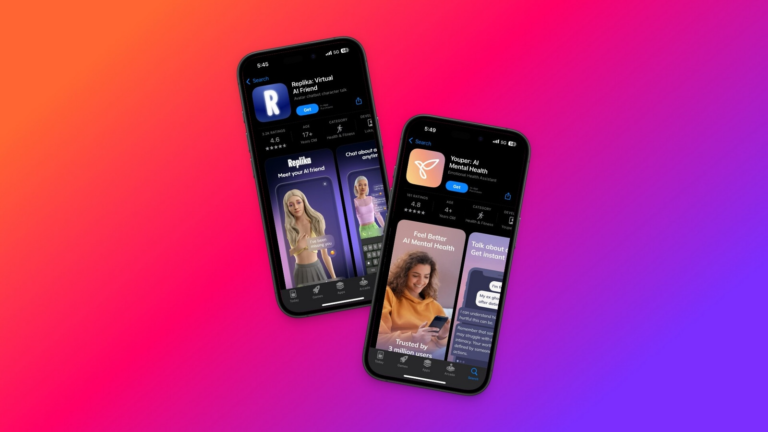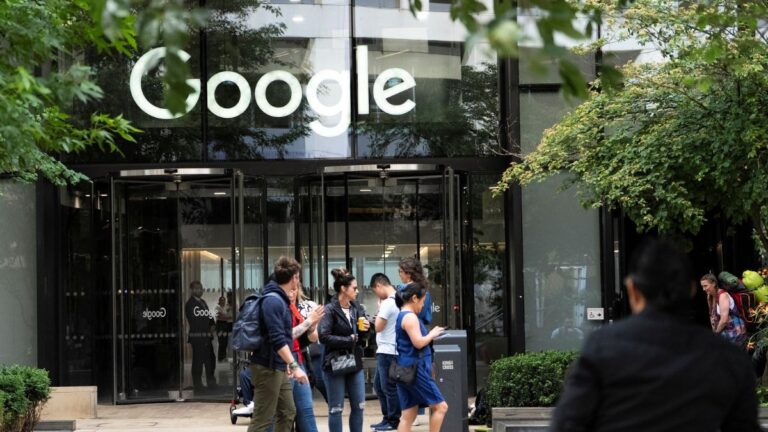Do you ever find yourself wondering if AI will one day genuinely understand humans 0 our language, our emotions, the hidden meanings behind our words? If so, you’re not alone. But according to Veena D. Dwivedi, a neuroscientist writing for The Conversation, even the most advanced AI, like ChatGPT, is unlikely to ever grasp language the way we do.

What does “understanding” really mean?
Let’s pause for a second: when people say AI “understands” language, what does that really mean? As Dwivedi pointed out, Geoffrey Hinton, a Nobel laureate and AI pioneer, has marvelled at how quickly neural networks have learned to process language, even suggesting they “really do understand what they’re saying.” But is generating convincing text the same as true comprehension?
Humans rely on much more than just words. We read tone, body language, and context. AI, on the other hand, is all about patterns in data, not lived experience.
Context is everything
Consider the phrase: “Let’s talk.” If your boss emails you after a big meeting, it might send your heart racing. If a friend texts it late at night, it could mean comfort or concern. If your partner says it after a long day, it might signal anything from a loving check-in to a brewing disagreement. The words are identical, but the meaning is shaped by relationship, timing, and a thousand subtle cues. This is the kind of nuance humans navigate effortlessly – something AI simply can’t replicate.
Written text isn’t the whole story
As Dwivedi, Director of the Centre for Neuroscience and Professor of Psychology and Neuroscience at Brock University put it, it’s a mistake to equate written text with language itself. Hindi and Urdu, for example, sound nearly identical in conversation but look completely different on the page. Serbian and Croatian are similar. AI can process text, but it doesn’t truly “know” a language the way a person does.
Noam Chomsky, the legendary linguist, proposed that humans are born with an innate ability to learn any language. But even Chomsky never claimed to have solved how our brains process meaning in real time. AI’s “neural networks” are just algorithms, not living brains. They don’t have feelings, experiences, or intuition.
So, can AI ever truly understand us? The neuroscientist’s answer is a clear no. Confusing AI’s impressive mimicry for genuine understanding risks overestimating what machines can do. As we move forward, it’s worth remembering the limits of what AI can achieve, and why human understanding remains unique.























